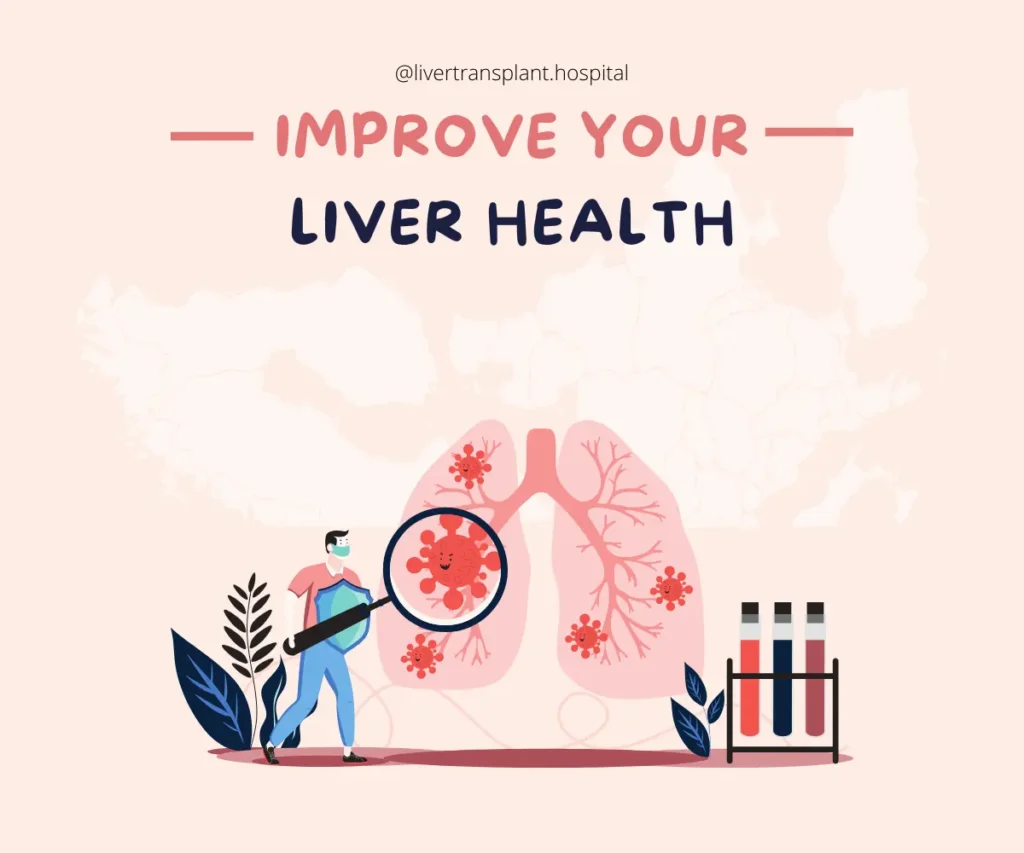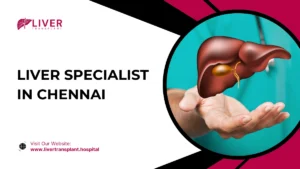Understanding how alcohol affects your liver is crucial to maintaining good health. The liver plays a vital role in filtering toxins, including alcohol, from your body. However, when consumed in excess, alcohol can cause significant damage to liver function.
Alcohol-Related Liver Disease (ARLD)
Alcohol-Related Liver Disease (ARLD) is a condition caused by excessive alcohol consumption over an extended period. ARLD occurs when the liver becomes overworked due to consistently processing large amounts of alcohol, leading to various forms of damage. Understanding how alcohol affects your liver is essential in recognizing the risk of ARLD.
There are different stages of ARLD, which worsen over time if alcohol consumption is not reduced or stopped. Some people might wonder, how can alcohol affect your liver and what signs to look out for. The progression of ARLD can include:
- Fatty liver disease: This is the earliest stage, where fat accumulates in liver cells due to excessive alcohol.
- Alcoholic hepatitis: Inflammation of the liver that can lead to more severe complications if not treated.
- Cirrhosis: A late stage of ARLD where liver tissue becomes permanently scarred, significantly impacting liver function.
ARLD can develop silently, without obvious symptoms, which makes early detection difficult. Knowing how much alcohol affects the liver is crucial, as even moderate but regular drinking can lead to liver damage over time. To diagnose ARLD, doctors may use blood tests, ultrasounds, or liver biopsies. By cutting down on alcohol, ARLD can be prevented and, in some cases, reversed.
Symptoms of ARLD
Recognizing how alcohol affects your liver early on is crucial to prevent long-term damage. Alcohol-Related Liver Disease (ARLD) develops gradually, often without noticeable symptoms in the early stages. However, as liver damage progresses, certain signs begin to manifest. If you’re wondering how can alcohol affect your liver without you realizing it, ARLD is often silent at first but becomes more severe as it advances.
Here are some key symptoms of ARLD to watch for:
- Fatigue: Persistent tiredness, even without exertion.
- Jaundice: Yellowing of the skin and eyes, indicating liver dysfunction.
- Abdominal pain: Particularly in the upper right side of the abdomen.
- Loss of appetite: Leading to unintentional weight loss.
- Swollen abdomen: Caused by fluid retention (ascites).
- Nausea and vomiting: Frequent and persistent, sometimes with blood.
- Swollen legs: Fluid buildup in the legs or ankles.
- Easy bruising or bleeding: Due to impaired liver function.
If left untreated, these symptoms can worsen, leading to irreversible damage like cirrhosis or even liver failure. Learning how much alcohol affects liver function and recognizing these symptoms early can help you take the necessary steps to prevent further harm. If you notice any of these symptoms, it’s crucial to seek medical advice promptly.
Stages of ARLD
Understanding the stages of Alcohol-Related Liver Disease (ARLD) is crucial in knowing how alcohol affects your liver over time. ARLD progresses through three main stages, each more severe than the last. The damage to the liver intensifies with continued alcohol consumption, but early intervention can sometimes halt or reverse the damage.
The stages include:
- Alcoholic Fatty Liver Disease: This is the earliest stage where fat begins to accumulate in the liver. This stage is often reversible if alcohol consumption is reduced or stopped.
- Alcoholic Hepatitis: In this stage, the liver becomes inflamed. Symptoms like abdominal pain, jaundice, and fever may start to appear. Reducing alcohol intake at this stage is crucial to prevent further damage.
- Cirrhosis: This is the final and most severe stage of ARLD. The liver becomes scarred and damaged beyond repair. At this point, liver function declines significantly, leading to life-threatening complications, including liver failure.
If you’re wondering how much alcohol affects liver function at each stage, the answer is that even moderate consumption over time can lead to these damaging stages. Understanding how alcohol affects your liver at different stages is essential for making informed decisions about alcohol use and liver health.
Diagnosis of ARLD
Understanding how alcohol affects your liver is essential when diagnosing Alcohol-Related Liver Disease (ARLD). Early diagnosis is crucial to prevent irreversible damage. ARLD often progresses silently, and symptoms may not be obvious until the disease has advanced. If you’re wondering how long alcohol affects your liver before showing clear signs, the answer depends on the amount and duration of alcohol consumption.
Doctors use several methods to diagnose ARLD, including:
- Blood Tests: These are performed to check liver function and enzyme levels. Elevated liver enzymes can indicate liver stress or damage.
- Imaging Tests: Ultrasound, CT scans, or MRI can provide a detailed view of the liver’s structure and help identify any abnormalities, such as fatty deposits or scarring.
- Liver Biopsy: In severe or unclear cases, a small sample of liver tissue may be taken for examination to assess the extent of damage.
- Fibroscan: This test helps assess the stiffness of the liver, a key indicator of liver fibrosis or cirrhosis.
If you’re concerned about how alcohol affects your liver, consulting a healthcare provider early can help catch ARLD before it reaches advanced stages. Regular checkups, especially for those who drink regularly, are key to maintaining liver health.
Treatment of ARLD
When discussing how alcohol affects your liver, it’s essential to understand the treatments available for Alcohol-Related Liver Disease (ARLD). Early intervention can help manage the condition and, in some cases, even reverse damage. The most critical step in treating ARLD is to stop alcohol consumption entirely, as continuing to drink will only worsen liver damage.
Treatments for ARLD include:
- Medication: Anti-inflammatory drugs may be prescribed to reduce liver inflammation and protect against further damage.
- Nutritional Support: A balanced, nutrient-rich diet can support liver healing. Foods that are high in antioxidants, such as fruits and vegetables, can help.
- Lifestyle Changes: Besides avoiding alcohol, maintaining a healthy lifestyle with regular exercise is crucial.
- Liver Transplant: In severe cases, such as advanced cirrhosis, a liver transplant may be the only option for survival.
Additionally, regular check-ups and blood tests are essential for monitoring liver function and catching any progression of the disease early. The best approach is a combination of medical treatment, lifestyle changes, and ongoing support from healthcare providers. By addressing how alcohol affects your liver and taking the appropriate actions, individuals can improve their health outcomes.
Prevention of ARLD
changes, particularly when it comes to alcohol consumption. Understanding how alcohol affects your liver is the first step in taking control of your liver health. By reducing alcohol intake and making healthier choices, you can significantly lower your risk of developing ARLD.
Here are key strategies for how can alcohol affect your liver prevention:
- Limit alcohol consumption: Follow recommended guidelines for alcohol intake. For men, this generally means no more than two drinks per day, and for women, no more than one drink per day.
- Eat a balanced diet: Include liver-friendly foods such as leafy greens, fruits, whole grains, and lean proteins. Avoid processed and fatty foods, which can worsen liver damage.
- Stay hydrated: Drinking plenty of water helps your liver function efficiently and aids in the removal of toxins.
- Exercise regularly: Physical activity promotes overall liver health and helps maintain a healthy weight, reducing stress on the liver.
Knowing how much alcohol affects the liver is crucial to preventing ARLD. Regular medical checkups and liver function tests are also important for catching early signs of damage. By following these steps, you can protect your liver from alcohol-related harm and improve your overall health.
Conclusion
Understanding how alcohol affects your liver is critical for maintaining long-term health. Excessive alcohol consumption can cause significant damage, but the liver has an amazing ability to heal if given the chance. Reducing alcohol intake, eating a balanced diet, and seeking medical advice are essential steps to protect your liver. The earlier you recognize how alcohol affects your liver, the better your chances of preventing serious liver diseases. By making informed choices, you can safeguard your liver and improve your overall quality of life. Always consult your doctor for personalized advice.






